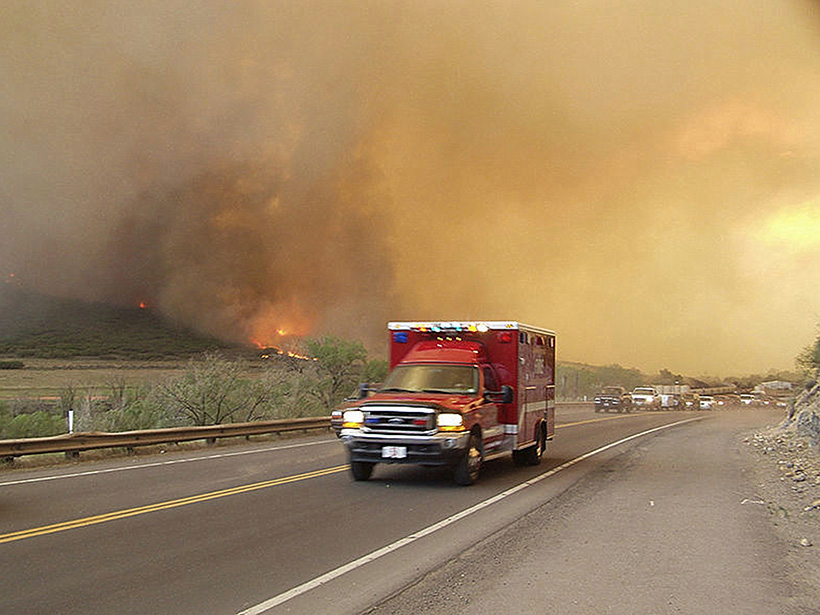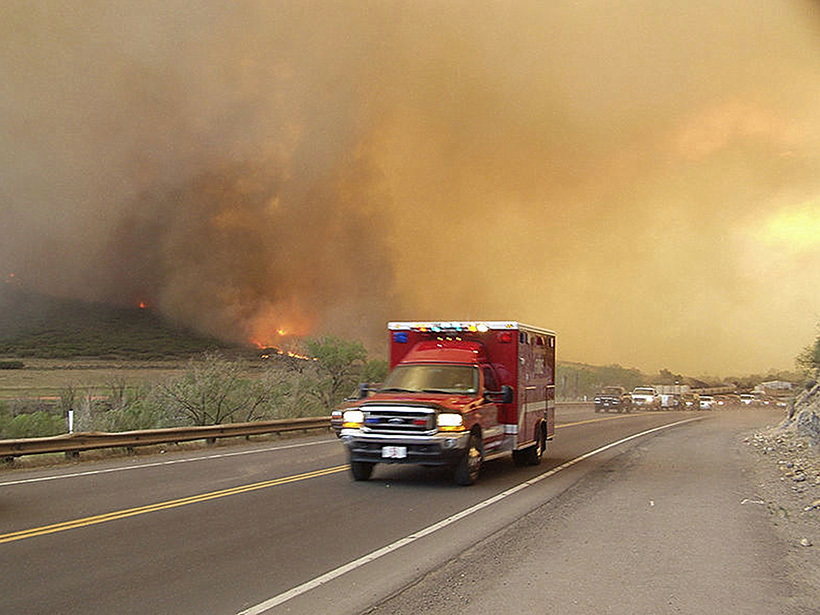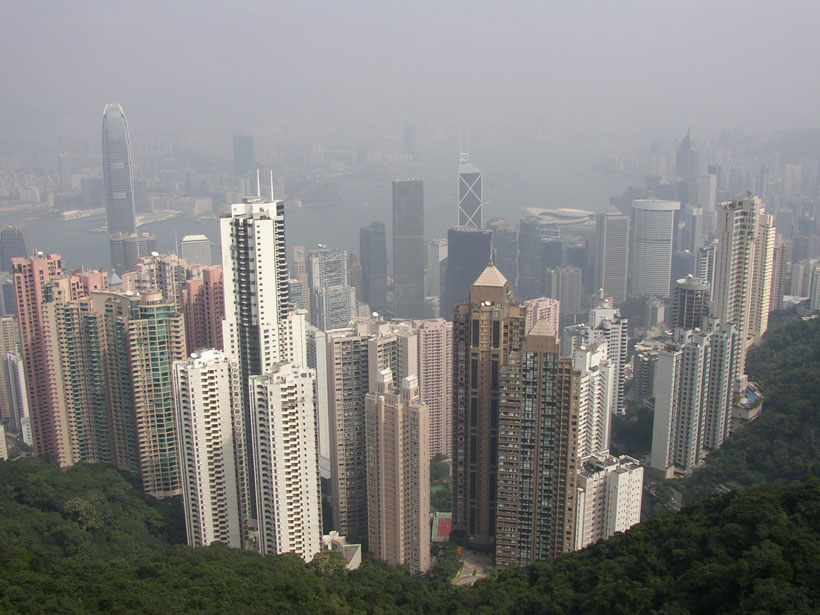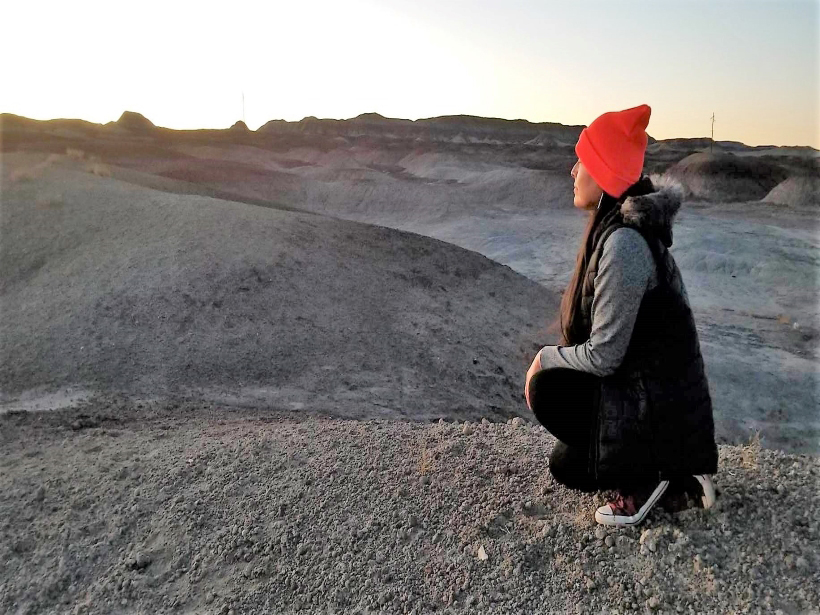研究人员指出,在评估与冷热相关的人类死亡风险方面,网格化的气候数据集与气象站数据一样有效。
GeoHealth (journal)
Establishing a Link Between Air Pollution and Dementia
A new study examines the relationship between fine particulate matter (PM2.5) and dementia, finding that air pollution may be responsible for up to 2 million dementia cases each year.
Calculating Human Health Risks with General Weather Data
Gridded climate data sets are just as effective as weather station data at assessing human mortality risk related to heat and cold, researchers suggest.
How Hospitals Respond to Wildfires
A new study tracks intensive care unit admissions after periods of wildfire smoke pollution. A prolonged or severe smoke event has the potential to strain hospital resources.
Improving Air Quality in China’s Greater Bay Area
New simulations show how reducing residential and agricultural pollution outside the Greater Bay Area could improve public health inside this megalopolis and across China.
Contamination of Medicinal Plants: Implications for Indigenous Health
A new study will trace the legacy of uranium mining on commercially available medicinal plants.
Simple Actions Can Help People Survive Landslides
New research provides practical advice to minimize landslide risk for individuals before, during, and after an event.
Pensando en el Zinc: Mitigando la Exposición al Uranio en la Nación Navajo
En un innovador ensayo clínico se estudia el impacto del zinc en la mitigación de los efectos sobre la salud relacionados con la minería de uranio. Éste se lleva a cabo mediante la “participación bidireccional” entre los Navajos y las comunidades médicas.










